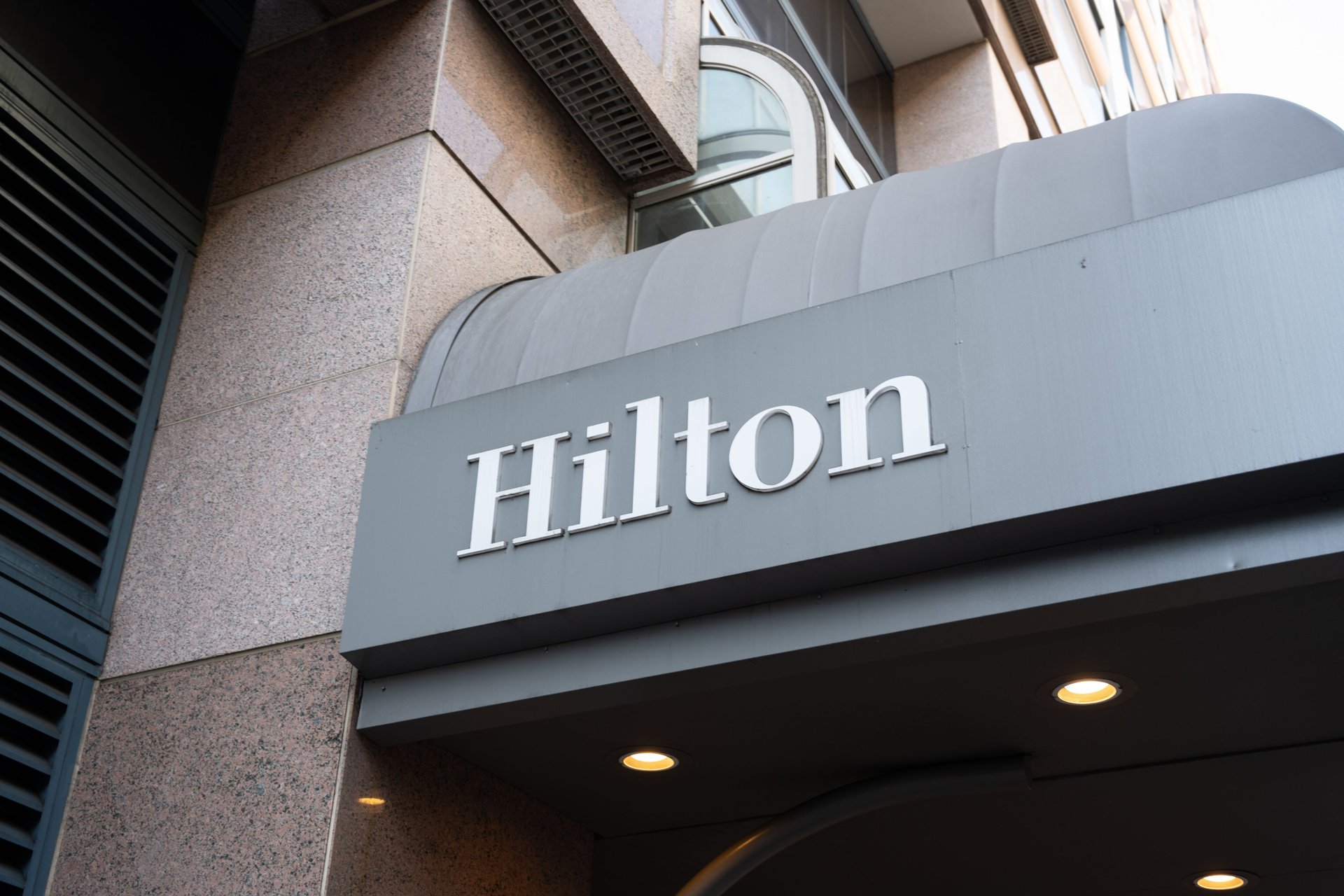Luxury travel is booming as Delta and Hilton thrive on wealthy spenders
The skies may not be friendly for everyone, but for those still flying — and sleeping — at the top end, they remain remarkably cloudless

Smith Collection/Gado/Getty Images
The travel economy is looking distinctly first class. Both Hilton and Delta both posted strong third-quarter results for 2025, underlining how the post-pandemic travel boom has morphed into something perhaps narrower yet more profitable, driven in large part by upper-income consumers who are willing and able to splash out.
On Wednesday, Hilton reported net income of $421 million on $976 million in adjusted EBITDA. System-wide revenue per available room slipped about 1%, but the company added nearly 25,000 rooms and approved a record 33,000 more for development, pushing its global pipeline to over 500,000 rooms. That’s up 5% from a year ago, as Hilton races ever further toward the high end of the market with new lifestyle and luxury brands, plus a fresh resort milestone — its 9,000th property.
A deeper move into the luxury lane, plus surprising AI demand
Earlier this year, management spoke of how the company is steering deeper into the luxury lane — adding three high-end hotels a week, reopening icons like the New York Waldorf-Astoria, and betting that affluent travelers will keep spending even as the mass market slows. Nassetta called it a “super-cycle” for limited supply and premium demand, a sharp contrast to the caution evident in middle-market retail and manufacturing, not to mention lower-end grocery and restaurant trends.
Nassetta has a surprisingly bullish take on AI, too, but not necessarily for the exact reasons you’d think. On the company’s last earnings call, he argued that the AI boom itself, rather than any tech Hilton deploys, will be a long-term tailwind, functioning to "unlock significant demand" for hotel stays. Building data centers, chip plants, and energy infrastructure requires an army of engineers, consultants, and executives — and naturally, all of them need places to sleep. In Nassetta's view, AI isn’t so much replacing workers as putting them on the road.
Delta Air Lines told a similar story this month
The carrier posted record revenue of $15.2 billion and earnings of $1.71 a share, up from last year, while keeping costs steady and paying down debt. Its premium cabins, business travelers, and American Express partnership now generate roughly 60% of revenue, up from less than half pre-2020. The result is an airline that increasingly resembles a financial-services brand for high-income flyers, rather than a mass-market transportation play.
Both companies’ patterns point to the deep divide within the consumer economy. High earners — who account for roughly half of all U.S. spending — are still booking suites, resorts, and upgraded seats. Everyone else? They’re pulling back. That divergence explains why luxury and “upper-middle” brands in travel and leisure are thriving even as other consumer-discretionary sectors struggle.
And the wealthy are benefitting twice over: Hilton returned over $3 billion in cash to shareholders this year, while Delta lifted its full-year forecast. The skies may not be friendly for everyone, but for those still flying — and sleeping — at the top end, they remain remarkably cloudless.
